Every year since 2019, the world, under the leadership of the United Nations, observes the International Day of Education on the 24th of January. It is a day to celebrate and reiterate the role education plays in sustainable development.
The theme for this year’s campaign is “Learning for Lasting Peace.” Dbegotin Educational Foundation lent its voice to the call through media awareness and sensitisation. We appeared on Pulse TV, Kapital FM, Nigerian Info, Twitter Space and other Social media broadcasts.
By leveraging the reach and influence of these traditional and digital media, the Dbegotin team effectively galvanized support and sparked meaningful conversations surrounding the indispensable role of education in building a more peaceful and sustainable world.
Is school a scam?
On the 22nd Of January, the Executive Director of Dbegotin, Mr Jeremiah Oseni, was live at Pulse Studio. Enumerating the basis for education, he stated that education is the backbone of a prosperous society. He further stated that illiteracy comes with limitations, while education fosters one to think creatively, to dream big and plan wisely.
Several students seem to think education is supposed to be a ticket to wealth. So when their degree does not give them fast money, they tend to hop on the train of thought that “School na scam.” Mr Jeremiah disrupted this narrative, stating that “Education is not an automatic key to being rich, or on its own empowerment for wealth. What education does is to enlighten you to think outside the box and dynamically shape your world.”
With education, we can build the world we want, one step at a time.
At Kapital FM, Discussing the Adverse Effects of Strike on Students
On the 24th of January, Dbegotin was represented by Mr Jeremiah at Kapital FM. He spoke on the need for education and how children have been denied fundamental basic learning.
When thrown the question of the effects of repeated teachers’ strikes on primary school children, Mr Jeremiah said it leaves a major dent in their future. He explained how these constant and unexpected breaks in students’ learning process affects their self-esteem and mental health. To solve the issue of strikes, Mr Jeremiah suggested proper funding and Teachers’ educational development.
A Round Table on Learning for Lasting Peace
The crown on the head of our media rounds was a Twitter space conversation on the topic, “Education: From Crisis to Classroom (Education’s Resilience in Building Sustainable Peace)”
On the panel were Gideon Olarewaju, the Chief Executive Director of Access to Ru… and Amina Abubakar, Executive Director of Flexisaf.
Mr Gideon spoke extensively on the reasons education is not prioritised in Nigeria. He discussed the financial hindrances and lamented the dismay attitude Nigerians display towards education. According to Mr Gideon, one of the reasons Nigerians pay little regard to education, is because they consider a concept known as “The Rate of Returns.” This refers to the relative profits made on investment. He explained that since the rate of returns on primary education is long-term, people would rather not invest in it by putting their children through school. They would rather teach the child to farm, or such other vocational training which guarantees a quicker rate of returns.
On Madam Amina’s side, she lamented the low political will on education. “The things prioritized are things that bring goodwill to the politicians and funding hardly comes from them.”
Conclusion
The International Day of Education serves as a powerful reminder of the transformative power education holds in shaping individuals and societies. Organizations like Dbegotin Educational Foundation have actively engaged in media campaigns to underscore the crucial role of education in fostering sustainable development and peace.
As discussed by Mr. Jeremiah Oseni and echoed by our guest panellists, education is a pathway to enlightenment, critical thinking, and societal progress. Despite challenges such as strikes and inadequate funding, the resilience of education remains evident as a beacon of hope for future generations.


